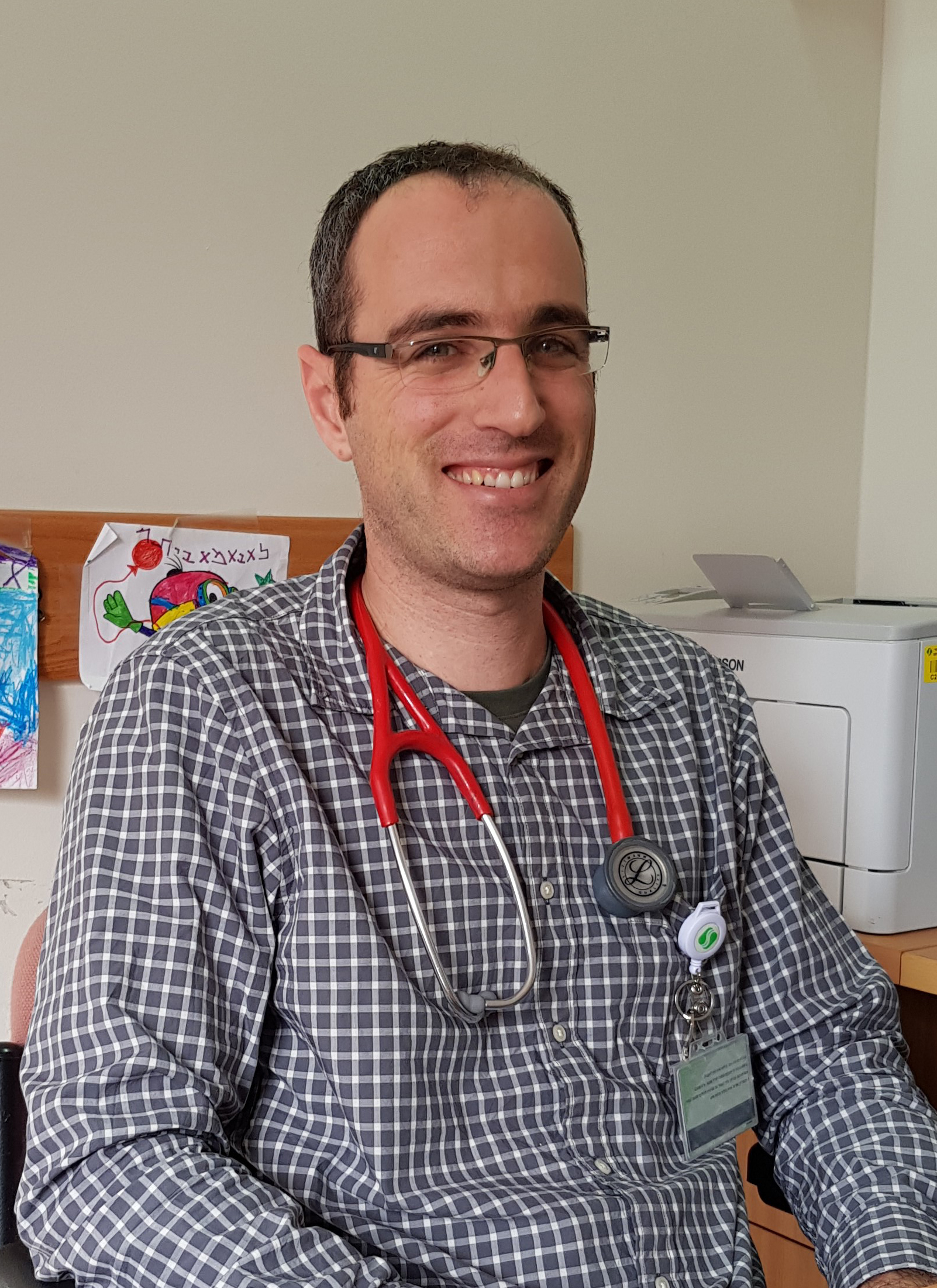
Female Physicians Are Less Likely to Admit Women to ICU
Female Physicians Are Less Likely to Admit Women to ICU
February 6, 2018
Medical Research, Press Releases
A female patient treated by a female physician is less likely to be admitted to an intensive care unit (ICU) compared to a male patient treated by a male physician, according to researchers at Ben-Gurion University of the Negev (BGU) and Soroka University Medical Center (Soroka).

Dr. Iftach Sagy
This gender bias, explored in a paper published in the current issue of QJM: An International Journal of Medicine, seems to occur most often when female doctors are recommending treatment for critically ill women.
“Previous studies show physicians are less likely to recognize symptoms that present differently in women, such as atypical chest pains, which can alter patient management and postpone delivery of crucial treatment,” says Dr. Iftach Sagy, a researcher at Soroka’s Clinical Research Center and a lecturer at the BGU Faculty of Health Sciences (FOHS).
“For the first time, we’ve demonstrated that a possible gender bias can influence decisions about who should be admitted to an ICU.”
The study, which followed 831 patients admitted to the resuscitation room in the emergency department at Soroka from 2011 to 2012, showed female physicians treating women were less likely to admit their patients to the hospital’s restricted ICU, where beds and other resources are limited.
According to the findings, female physicians admitted approximately 20 percent fewer of their female patients to the ICU than did male physicians, and 12 percent fewer female patients than male patients to the intensive cardiac care unit.
BGU’s study was also able to associate physician gender bias in how patients arrived and were assigned at the hospital. Researchers found male and female physicians selected critically ill patients differently when they initiated treatment in the emergency department. Male physicians treated a greater number of patients transferred by emergency medical services, while female physicians treated more who initially presented as stable before deteriorating and requiring resuscitation.
“Current studies on the outcomes of critically ill patients show better outcomes for men,” says Dr. Sagy. “Women often have less-invasive procedures in both the emergency department and the ICU, which seems to contribute to a lower rate of ICU admission compared to men with the same illness level.”
BGU’s study was able to demonstrate that both patient and physician genders, as well as their combination, are key factors in making clinical decisions that determine level of care. “More research is needed to address the potential consequences of clinical decisions biased by patient and physician genders,” says Dr. Sagy.
In addition to Dr. Sagy, the study team included Dr. Victor Novack, Dr. Lior Fuchs and Yuval Mizrakli, of BGU FOHS and Soroka, as well as Dr. Shlomi Codish of the BGU FOHS. Additional BGU researchers included Prof. Lior Fink of the Department of Industrial Engineering and Management, and Liran Politi, a Ph.D candidate in the same department.
ABOUT AMERICANS FOR BEN-GURION UNIVERSITY
By supporting a world-class academic institution that not only nurtures the Negev, but also shares its expertise locally and globally, Americans for Ben-Gurion University engages a community of Americans who are committed to improving the world. David Ben-Gurion envisioned that Israel’s future would be forged in the Negev. The cutting-edge research carried out at Ben-Gurion University drives that vision by sustaining a desert Silicon Valley, with the “Stanford of the Negev” at its center. The Americans for Ben-Gurion University movement supports a 21st century unifying vision for Israel by rallying around BGU’s remarkable work and role as an apolitical beacon of light in the Negev desert.
About Ben-Gurion University of the Negev
Ben-Gurion University of the Negev embraces the endless potential we have as individuals and as a commonality to adapt and to thrive in changing environments. Inspired by our location in the desert, we aim to discover, to create, and to develop solutions to dynamic challenges, to pose questions that have yet to be asked, and to push beyond the boundaries of the commonly accepted and possible.
We are proud to be a central force for inclusion, diversity and innovation in Israel, and we strive to extend the Negev’s potential and our entrepreneurial spirit throughout the world. For example, the multi-disciplinary School for Sustainability and Climate Change at BGU leverages over 50 years of expertise on living and thriving in the desert into scalable solutions for people everywhere.
BGU at a glance:
20,000 students | 800 senior faculty | 3 campuses | 6 faculties: humanities & social sciences, health sciences, engineering sciences, natural sciences, business & management, and desert research.
For all press inquiries, please contact:
James Fattal, J Cubed Communications
516.289.1496



